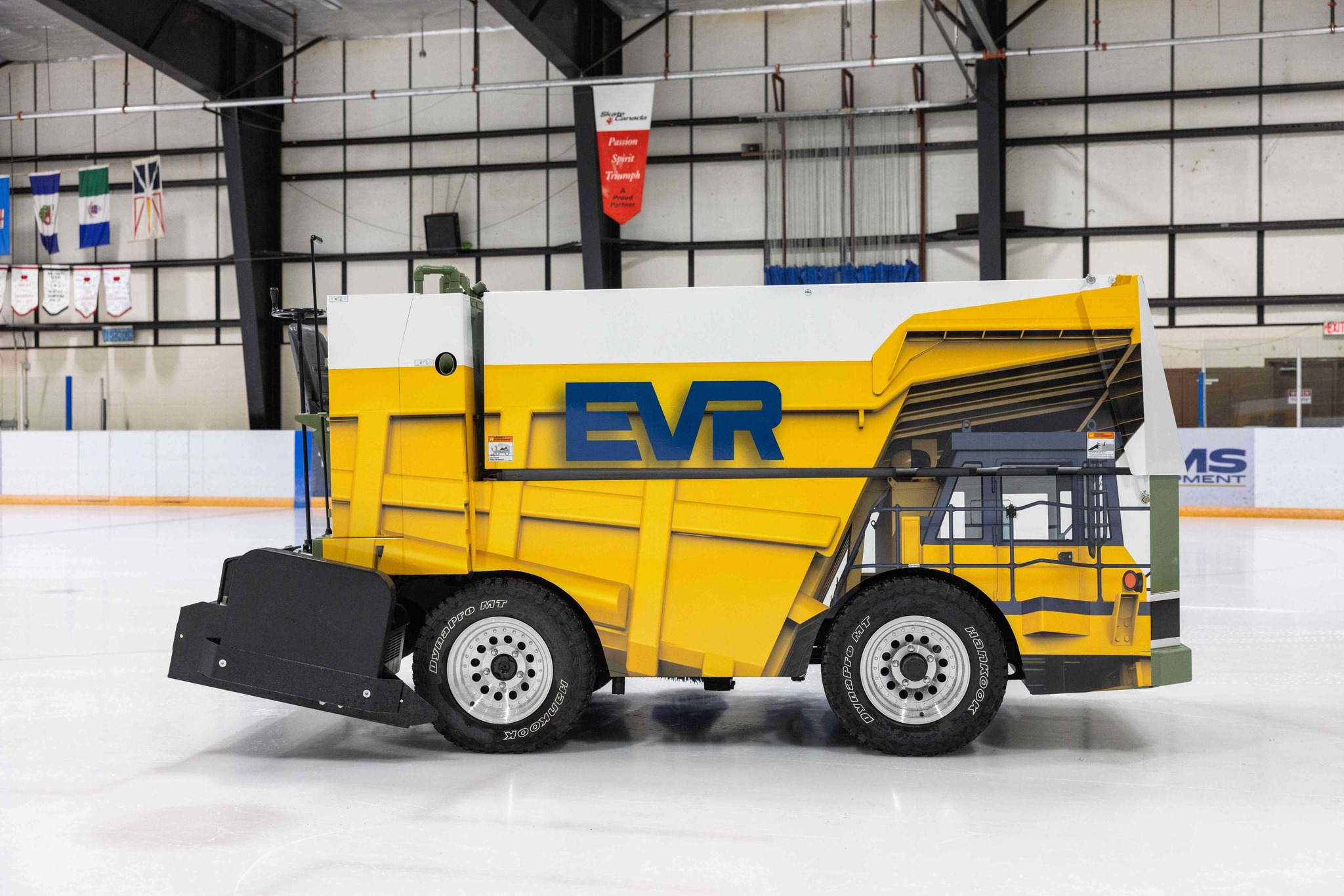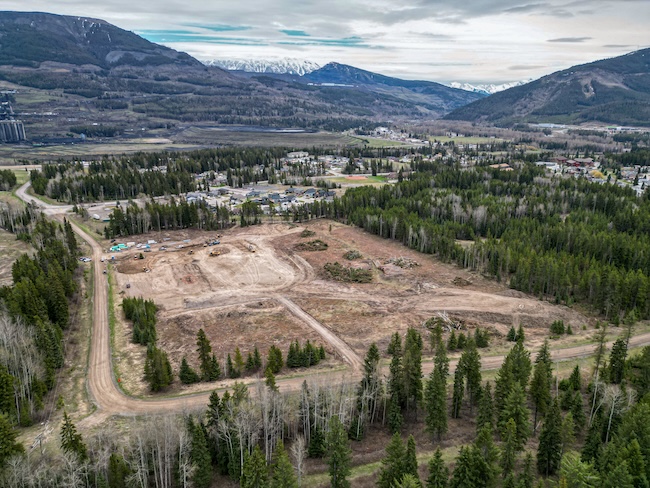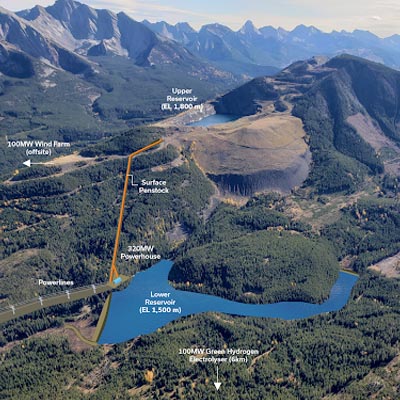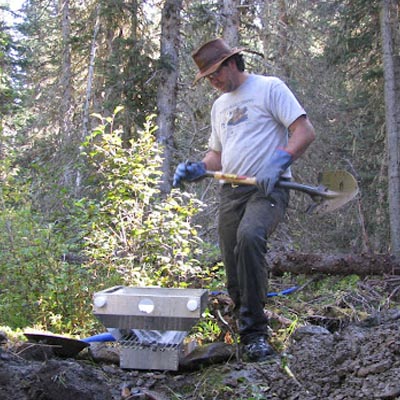Andy Randell helps budding geologists with free workshops
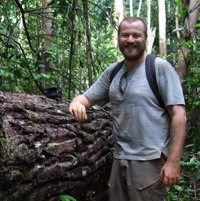
Andy Randell worked in Guyana as part of a Vancouver-based geotechnical team, core logging and field mapping for Strata Gold Guyana. — Photo courtesy
Andy Randell worked in Guyana as part of a Vancouver-based geotechnical team, core logging and field mapping for Strata Gold Guyana. — Photo courtesy Andy Randell
It all started for Andy Randell, principal geologist for his consulting firm, Strata GeoData Services (SGDS), when he lost his job in 2013 as a chief geologist. Struggling to find a new position, he decided to try consulting.
“As a member of the Association of Professional Engineers and Geoscientists of BC (APEG BC), I signed up to their mentoring program, something I thoroughly believe in and enjoy,” said Randell. “But I was extremely disappointed to learn that I could only mentor students who were in full-time geological employment, meaning that all of those graduates who were out of work were left behind.”
Feeling as though this important demographic was being left out, Randell decided to do something about it.
He created the SGDS Workshops group—a free resource for geology graduates, offering new skills, the chance to brush up on old ones, and time and context to network.
He added presentations to his website, and he also arranges guest speakers and lab tours, all on a volunteer basis.
Although he’s yet to receive a mentee from APEG BC, he gets 10 to 15 unemployed graduates showing up to his meetings. “This, to me, indicates a need,” he said.
Past workshop topics included mapping, palaeo, seds, career talks and assay lab tours; health and safety in camps, resource modelling, drilling, ore mineral identification and quality control are on the horizon.
As part of a current workshop, he is working on a project with University of British Columbia (UBC) to map the Kitsilano foreshore with 10 unemployed geologists.
“This area is rich in fossils, although many people don’t know that,” he said. “But what makes it ideal is that it is local, and I can teach survey techniques, sedimentology, mapping, and other skills to this group.”
Randell studied environmental geosciences at Cardiff University in Wales, U.K., earning his bachelor of science in 1998.
As a child, Randell discovered the wonders of dinosaurs, and his family brought him on day trips to Cheddar Gorge caves or walks along the Dorset “Jurassic Coast.” He lived on the Isle of Wight—also known for its dinosaur fossils—and he became more aware of the mechanics of geology. He eventually completed a dissertation on Eocene paleoenvironments from rocks exposed in Alum Bay.
In his early working years, he followed his passion for fossils to Germany, working as a paleontologist with the Senckenberg Institute in Mainz.
Geology was in another depressive cycle, so Randell took on a series of management and financial-type jobs, gaining valuable experience but still keeping his eye on geology.
“My perseverance eventually paid off, and I was offered a job as a geotech in Guyana for a Vancouver-based company at age 26,” he said. “This was the theme of a recent talk I did: don’t stress if you graduate and then spend a period —years even— out of geology! I had nearly six years, but I made the most of every learning opportunity in-between.”
Randell worked core logging and field mapping for Strata Gold Guyana. He then spent a year running drill programs at Dublin Gulch for Strata Gold in the Yukon and another year for the same company, taken over by Victoria Gold Corp, doing the same job plus moving the project through feasibility studies.
In 2011, Randell was headhunted by Ryan Gold to be a senior geologist. The vice-president left at the start of 2012, and Randell was promoted to chief geologist. Ryan Gold has 84 properties all over the Yukon and over 100 geotechnicians and support staff. When the job ended in 2013, he established SGDS in August and began offering the workshops in March, 2014.
Currently, the courses are free, although that might have to change as many of the people Randell has approached to speak will not consider it without payment.
However, there are many firms showing goodwill and willing to donate time. “The assaying labs have been stars,” he said, “especially ALS and AGAT Labs. I do tell individuals that this is a great way to earn a few professional hours towards maintaining their own professional geoscientist, too.”
Randell said recent layoffs in mining operations in Australia and South Africa are a blow to the industry that will ripple on Canadian soil.
“These are areas that I know people have been flocking to,” he said. “At some point, though, the industry will come back, and when it does, it will come with an explosion. The worry here will be the quality of the people left to fill these jobs, as a lot of the older, experienced people will leave the industry, leaving companies run by people who have maybe a decade of experience.”
Randell is hoping to make his workshops for all graduates official so he can approach APEG at some point and ask them to change their policy about who can receive mentorship. In the meantime, the program needs industry support.
“My own network of professionals has been incredibly supportive, but for this to grow, I need some momentum and so want people to know about it,” he said. “Those people would be the ones who were perhaps willing to talk to the group, offer a free meeting space, or even sponsor some field equipment.”
Mining companies could be taking advantage of Randell's students, especially those sitting on masses of data collected in the boom times.
“Geochemical statistical analysis, production of maps, and even Quality Assurance / Quality Control / umpire assaying, metallurgical / mineralogical work are all relatively cheap operations,” he said.
“I would like to take these data sets, and with the aid of the workshop groups, manipulate it and deliver it back to the company. They would be surprised how little it would cost - especially on wages - because people are glad to be doing something, anything, that keeps their experience up and maybe just covers their time.”
The most important advice he tries to impart is to stay positive, he said. “There is a lot of false bravado out there, it seems, which just leads to more letdowns. I am trying to keep people positive through empowering them with knowledge, thus boosting their confidence.”
“I am a good geologist, and I worked hard to get here, but I never forgot the struggles that I had,” he said. “I want to run these workshops to help these people not have the same issues as I did breaking into the industry and to help them stay competitive for when times get better.”
Drilling down
NameAndyFamilyRandellCompanyStrata GeoData ServicesMust reads“Mineral Exploration and Mining Essentials” by Robert Stevens 2010. This book is amazing for explaining the processes of exploration and mining in straightforward and informative ways.Greatest career momentBusiness philosophy: Think creatively, and don’t be afraid to follow your gut: in general it is right! Quotable"Develop an attitude of gratitude, and give thanks for everything that happens to you, knowing that every step forward is a step toward achieving something bigger and better than your current situation." - Brian Tracy (Canadian Entrepreneur)
